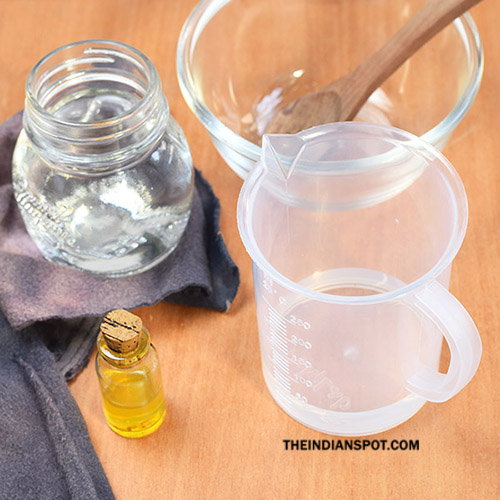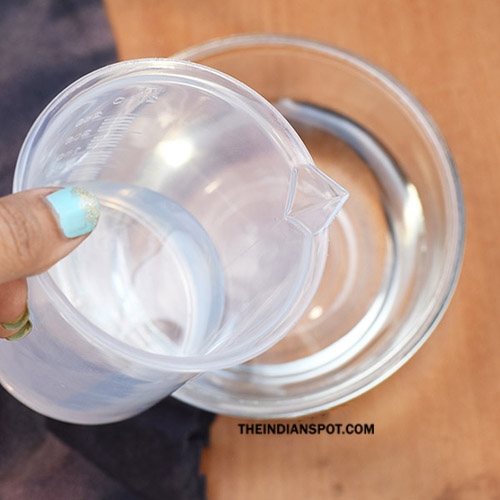While you must have tried a variety of home remedies and treatments for keeping those annoying acne and ugly acne scars at bay, have you ever considered using Hydrogen Peroxide for treating those blemishes? Unconventional though it may sound, the truth is that this clear viscous liquid can actually be very effective in treating acne. Check out how you can use Hydrogen Peroxide for acne treatment:

BENEFITS OF USING HYDROGEN PEROXIDE TO TREAT ACNE
- Hydrogen Peroxide is a strong oxidizer. When applied on the skin tissues, the peroxide oxidizes and destroys the bacterium present. Thus it creates a bacteria-free environment where acne cannot thrive.
- It is an antimicrobial agent that helps prevent infection.
- As a peeling agent, Hydrogen Peroxide helps exfoliate the outer layer of skin. This, in turn, helps fade blemishes and acne scars.
HOW TO USE HYDROGEN PEROXIDE TO TREAT ACNE
- Use a gentle facial cleanser to remove dirt, makeup and oil from skin.
- Pat your skin dry with a towel.
- Dip a cotton ball in Hydrogen Peroxide and apply it on the affected area.
- Wait for some time, around 2 minutes, and you will see that the bubbling stops.
- Wash off with plain water.
- Follow up with an oil-free moisturising lotion so that skin doesn’t get too dry.
ADDITIONAL TIPS
- Use mild facial cleanser because Hydrogen Peroxide can have a drying effect and if your facial cleanser is harsh, it will have a damaging effect on skin.
CAUTION
- To avoid burning sensation, make sure Hydrogen Peroxide doesn’t come in contact with your eyes in course of application on skin.
- Hydrogen Peroxide tends to bleach your hair. So, use caution while applying it around eyebrows and hair.
- If you experience irritation or dryness of skin, stop the use of Hydrogen Peroxide immediately.
- Hydrogen Peroxide is cytotoxic and so, avoid large concentration of the same. For acne treatment, it is generally found in a concentration of 1% in creams. At any cost, it should not be more than 4% to avoid scarring and skin damage.
